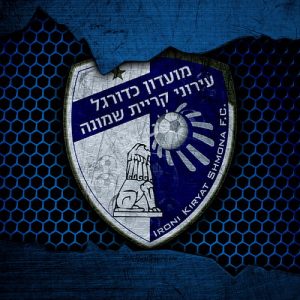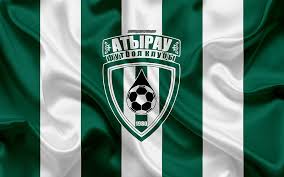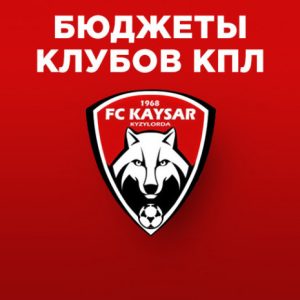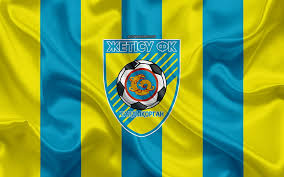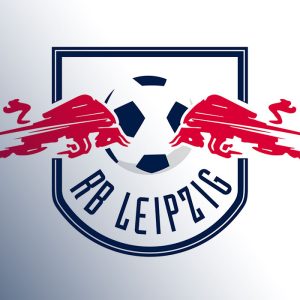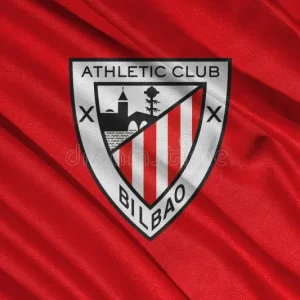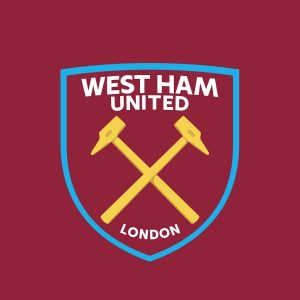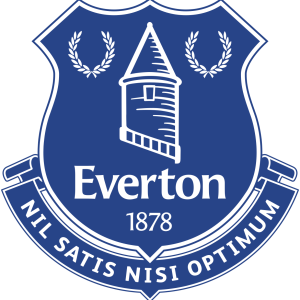FC Porto is one of the most successful and recognized football clubs in Europe, standing as a symbol of Portuguese sporting excellence. Known for its passionate supporters, competitive spirit, and historic triumphs, Porto has established itself as a powerhouse not only in domestic competitions but also on the international stage. From the iconic blue-and-white striped jerseys to the legendary moments in European football, FC Porto represents more than just a team—it embodies tradition, resilience, and glory.
Origins and Early History
Founded on September 28, 1893, by António Nicolau de Almeida, FC Porto began as a local initiative to promote football in northern Portugal. What started as a small club quickly grew into a national contender. By 1911, Porto had already participated in competitive matches, laying the foundation for what would become one of the greatest football dynasties in Europe. The early decades were marked by regional titles and the development of a loyal fan base that would eventually spread far beyond the city.
Domestic Dominance in Portuguese Football
In the Primeira Liga, FC Porto is a permanent title challenger, often battling alongside Benfica and Sporting CP in what is known as the “Big Three” rivalry. Porto’s consistent domestic success is reflected in its impressive trophy cabinet:
-
30+ Primeira Liga titles
-
20+ Taça de Portugal victories
-
Multiple Supertaça Cândido de Oliveira trophies
This record cements Porto’s reputation as one of the dominant forces in Portuguese football. The club’s ability to compete year after year showcases not only excellent management but also a deep-rooted winning mentality that has been passed from generation to generation.
European Triumphs and Global Recognition
What truly distinguishes FC Porto is its success on the European stage. The club has won the prestigious UEFA Champions League twice, first in 1987 and then in 2004 under the leadership of José Mourinho. These victories brought worldwide attention and elevated Porto to elite status.
Other international achievements include:
-
UEFA Cup/Europa League titles
-
UEFA Super Cup victory
-
Intercontinental Cup triumphs
Such accomplishments demonstrate Porto’s ability to go beyond national borders and challenge Europe’s biggest clubs with courage and skill. Few teams outside the major financial leagues have managed to achieve this level of success, making FC Porto a true inspiration for ambitious clubs worldwide.
Legendary Managers and Players
Over the years, Porto has been home to some of football’s most iconic figures.
-
José Mourinho: The 2004 Champions League-winning coach who transformed Porto into a tactical masterpiece before moving on to global fame.
-
André Villas-Boas: Another young Portuguese coach who lifted the Europa League in 2011 with an attacking brand of football.
The player roster has also included world-class talent:
-
Deco, a midfield maestro who defined Porto’s golden era.
-
Ricardo Carvalho, a rock-solid defender.
-
Radamel Falcao and Hulk, forwards who became legends for their scoring exploits.
-
More recently, stars like Pepe and Iker Casillas added international experience and leadership.
This unique blend of emerging talents and established legends has ensured Porto’s reputation as a club that develops players for the global stage.
The Dragon Stadium – Estádio do Dragão
Opened in 2003, Estádio do Dragão (Stadium of the Dragon) is the fortress of FC Porto. With a capacity of over 50,000 spectators, it is one of the most modern stadiums in Europe and has hosted major events, including the UEFA Euro 2004. The stadium is more than just a sporting venue—it is a symbol of pride for the city and a gathering place for thousands of fans who passionately support the club every week. The roar of the crowd at Estádio do Dragão is an unforgettable experience, making it one of the most intimidating grounds for visiting teams.
Youth Academy and Player Development
FC Porto is renowned for its ability to develop young players through its academy system. Known as one of the best talent factories in Europe, Porto consistently produces players who make an impact both domestically and internationally. The club’s scouting network is particularly famous for discovering undervalued talent from South America and Africa, nurturing them into world-class professionals before they shine on the biggest stages. This approach not only strengthens Porto’s squads but also ensures financial sustainability through high-profile transfers.
The Club’s Identity and Philosophy
Porto’s identity is deeply rooted in the culture of the city and the region. The club represents resilience, determination, and an unbreakable connection with its supporters. The dragon, which symbolizes strength and courage, is central to the team’s crest and image. The famous blue and white stripes are instantly recognizable worldwide and embody the unity between tradition and modern ambition.
The philosophy of Porto is built on discipline, competitiveness, and a relentless pursuit of excellence. Unlike clubs that depend solely on financial power, Porto thrives on intelligence, innovation, and community strength.
Rivalries and Passionate Supporters
No overview of FC Porto would be complete without mentioning the club’s intense rivalries. Matches against Benfica and Sporting CP are some of the most thrilling encounters in European football, often deciding league titles and generating unmatched passion. These rivalries go beyond sport—they represent regional pride, historical competition, and cultural identity.
The Porto supporters, known as “Portistas,” are among the most loyal and passionate fan bases in the world. Their chants, flags, and unwavering support create an electric atmosphere that motivates the players and intimidates opponents.
FC Porto in Modern Football
In the current football landscape, FC Porto continues to adapt and thrive. Despite competing in a league with fewer financial resources compared to the Premier League or La Liga, Porto remains a regular contender in the UEFA Champions League and a benchmark for smart club management. The team’s ability to consistently qualify for Europe’s top tournaments proves its enduring strength.
Moreover, Porto’s influence goes beyond the pitch. The club has become a brand recognized worldwide, with millions of fans across Europe, Africa, Asia, and the Americas. Its success story inspires clubs and supporters who dream of challenging the giants of football.
Conclusion
FC Porto stands as a symbol of resilience, ambition, and excellence in world football. From its humble beginnings in 1893 to its status as a two-time Champions League winner, the club’s journey is a testament to hard work, vision, and passion. With its strong identity, legendary players, and continued domestic and international success, Porto remains one of the most respected clubs in the sport. For fans and neutrals alike, FC Porto is not just a football club—it is a legacy of glory that continues to shine in the modern era.
